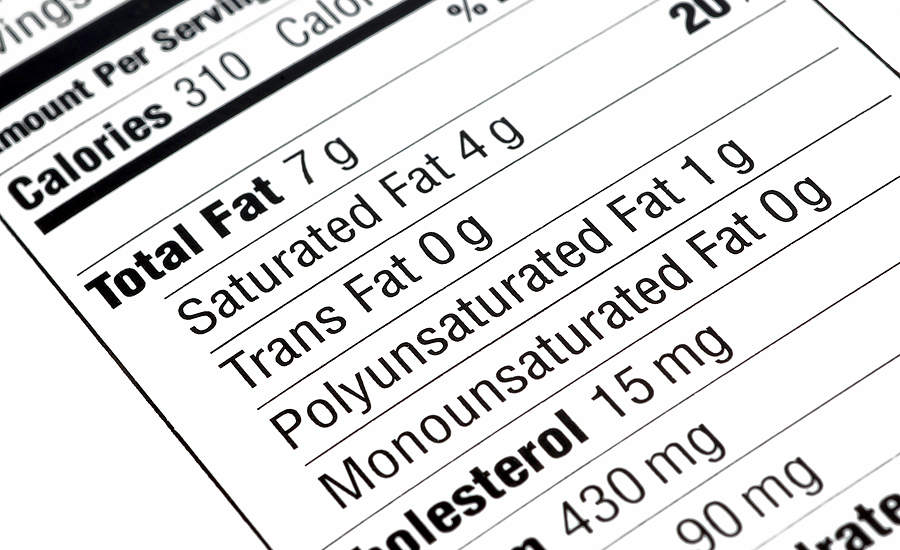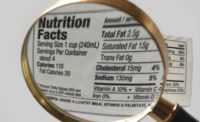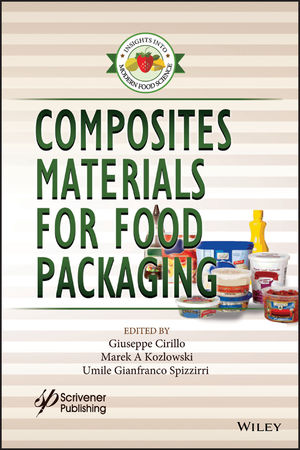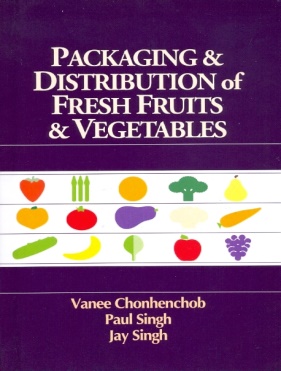Research IDs consumer confusion with milk, meat labels
While nutritional science tells these consumers that “healthy” includes lean meats and dairy products in moderation, they’re not sure the alternatives offer better health outcomes and are better for people, animals and the planet.

New research from The Center for Food Integrity (CFI), Kansas City, Mo., shows that a significant and growing group of health-conscious consumers are confused by the mixed messages about the words “milk,” “meat” and “burger.”
“Consumers who are actively engaging online about this topic are very independent and highly driven to provide for and protect their families,” says Terry Fleck, executive director. “With the influx of new labels, they feel they are being duped by big corporations into buying unhealthy products.”
While nutritional science tells these consumers that “healthy” includes lean meats and dairy products in moderation, they’re not sure the alternatives offer better health outcomes and are better for people, animals and the planet, says Fleck.
According to CFI’s Illuminate digital cultural insights tool, which analyzes millions of interactions online in real time, there is a core market of 53 million consumers, nearly one-third of the addressable market, actively engaged in conversations around the standards of identity issue.
This market is predicted to increase by 3.6% for the alternative meat topic and by 13.1% for the milk alternative topic in the next 1-2 years.
The biggest fears and motivators from this segment include:
- Letting science guide their approaches to food and health.
- Fear that the focus on health and wellness isn’t enough to protect themselves, and unwittingly consume products that are unhealthy.
- Believing that their health is completely in their control.
- Fear the food they eat is harming the planet and negatively impacting their health.
- Fear that despite efforts to live a life guided by ethics, they’re not making a difference in the world.
“They also want to be seen as putting others’ interests before their own interests and to receive acknowledgement of their sacrifices,” says Fleck. “While they innately want to do the ‘right thing,’ they are often unsure of the best course of action due to confusing or mixed messages around these alternative products.”
Looking for a reprint of this article?
From high-res PDFs to custom plaques, order your copy today!








